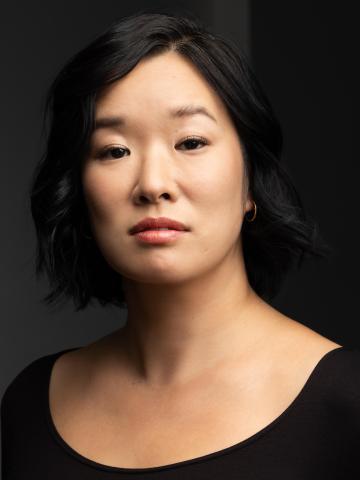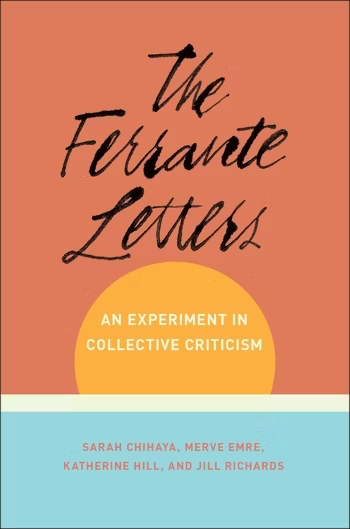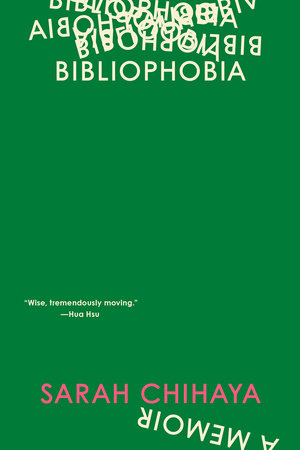
The project:
Bibliophobia is a personal history of reading, writing, and depression, both a memoir told through literary criticism and a manifesto that aims to trouble the facile discourse of loving—and implicitly feeling loved by—literature that circulates through public imagination. Bibliophobia tangles with arguments for the importance of literature that frame reading fiction as a means of leading us away from brokenness, calling attention to the fact that the most difficult, challenging, and painful books we encounter often end up shaping our intellectual and emotional lives the most powerfully.
From Bibliophobia:
For a long time, I felt safe letting books tell me what to do or think or feel. Fiction was my thing. I loved more than anything to be an invisible inhabitant of someone else’s world; always the unobserved observer, not the protagonist. I wasn’t interested in identifying with characters, though I did have a version of that fan fiction impulse that so many absorbed readers have. I could imagine myself as a bit player, woven cleverly into the subplots of the narrative, but rarely anyone I actually met in a book, and certainly never the main characters. The first time I read Tom Stoppard’s Rosencrantz and Guildenstern Are Dead, which follows the most minor of characters as they navigate the periphery of Hamlet, it made perfect sense to me.
This thought experiment in becoming part of the background was perhaps my first and best education in understanding narrative. It’s actually very difficult to become part of a world, but not one of its shapers; identifying with the heroine, I have to imagine, involves a brash belief in one’s own agency, and a confidence that the story will hew itself to your desires and decisions. Writing yourself into the apocrypha, however, is a delicate operation that demands a constant diplomatic negotiation with the forces of attention, structure, and plot that shape the novel as a whole. Becoming incidental such that you can stay unobtrusively inside a book without accidentally blundering around and destroying everything that makes you love it is harder than it seems. I loved dwelling inside a book, and figuring out different ways to stay there longer—as Leah Price writes, “while many people I knew wanted to have read books, I never wanted to get over the delicious moment of being in the middle of reading them.” Price makes a fine and necessary distinction here: there are many pragmatic reasons for wanting “to have read books,” but wanting to stay “in the middle” of them connotes a more complicated set of desires.
A third category could be added here: the cultural phenomenon Jessica Pressman calls “bookishness,” a term that refers not only to someone’s predilection for reading, but also “an identity derived from a physical nearness to books, not just from the ‘reading’ of them in the conventional sense.” As a reader, both professionally and personally, I’ve primarily operated in the second mode—the in medias res quality of reading. I’ve also certainly “wanted to have read books” at various times, whether in a seminar for which I was unprepared, or nodding vaguely at someone who optimistically assumes that I must have read this or that classic. But I have very rarely, if ever, felt an affinity for the book-centric culture Pressman describes so compellingly. If anything, the longer I live a life among books—always surrounded, menaced by them on all sides—the more I feel an active, oddly personal enmity towards the figure of the bibliophile, whether in the contemporary fetishizations of the physical body of the book that Pressman evokes, or even in the gentle meditations of Walter Benjamin, forever unpacking his precious library.
The grant jury: Soul-baring, witty, and slyly provocative, Bibliophobia unsettles our most widespread and unexamined beliefs about books and reading. Sarah Chihaya coaxes us to consider how literature can be both our salvation and our peril, and whether it's possible—or desirable—to read without extracting meaning or reinforcing narrative expectations. Chihaya offers up an intimate and sharply observant account of how she learned to embrace the hazards and joys that come with reading, and of the dangers she’s faced in a life among books.
Sarah Chihaya is a book critic, essayist, and editor. Her work has appeared in The New Yorker, The New York Review of Books, The Nation, New York Magazine, The Atlantic, and The Yale Review, among other places, and she is the co-author of The Ferrante Letters: An Experiment in Collective Criticism. She has taught at Princeton University, New York University, and UC Berkeley. She is currently a contributing editor at Los Angeles Review of Books and lives in Brooklyn.
Selected Works

